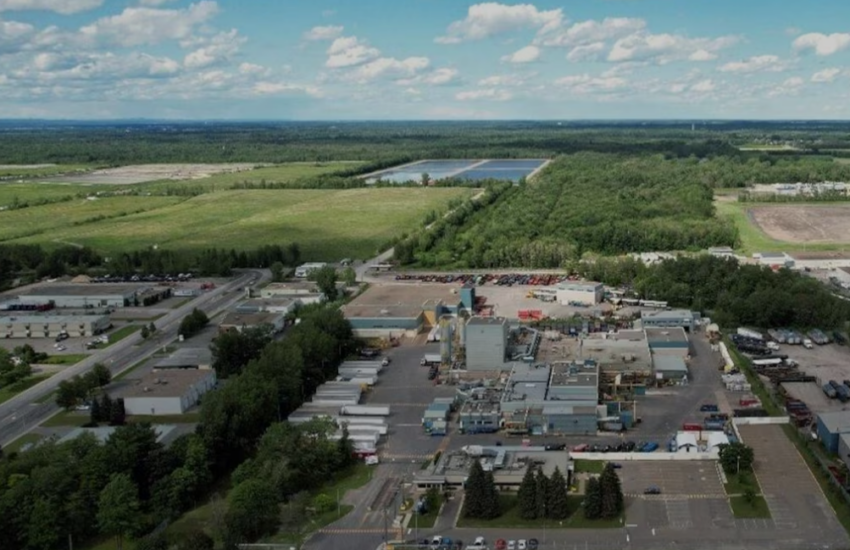First Nations community challenges free entry mining in Quebec court
OTTAWA/TRADITIONAL, UNCEDED TERRITORY OF THE ALGONQUIN ANISHNAABEG PEOPLE – The Mitchikanibikok Inik First Nation will be in the Superior Court of Quebec today for an interim hearing in a case that challenges the constitutionality of certain sections of Quebec’s Mining Act.
The Mitchikanibikok Inik First Nation is being represented by Ecojustice and partners of the Centre québécois du droit de l’environnement (CQDE).
The Mitchikanibikok Inik First Nation (also known as the Algonquins of Barriere Lake) have fought for years to keep their ancestral territories, a space twice the size of Prince Edward Island, off limits to mining.
The Quebec government has continually relied on a premise known as “free entry mining” enshrined in the province’s archaic Mining Act to ignore its constitutional duty to consult the Mitchikanibikok Inik about mining on their ancestral lands. This, their case argues, is a clear violation of their constitutional rights.
Today’s interim hearing concerns a ‘motion for particulars’ brought by the Quebec government. Quebec is arguing that the First Nation has not been detailed enough about the prejudicial effects on the community’s rights which could be caused by the granting, transfer or renewal of mining claims on their territory.
Danielle Gallant, lawyer, Ecojustice, said:
“This case is not about predicting future harm. It is about the community’s right to be consulted before any harm, arising from yet-unknown mining plans, happens. That is the heart of this case.
“This motion is an attempt by the Quebec government to distract from the core issue of the case and deny the Mitchikanibikok Inik their day in court
“We hope the case will proceed with a focus on the government’s constitutional failings.”
Marc Bishai, lawyer, partner of the CQDE, said:
“In our view, this case is not about the particular effects of mining activities on the Mitchikanibikok Inik First Nation, but about whether Quebec’s entire outdated free mining regime is constitutionally valid. It’s imperative that Quebec reform its Mining Act to respect constitutionally protected Indigenous Peoples’ rights.”
Background
The ancestral territories of the Mitchikanibikok Inik First Nation encompass many sites of ecological, cultural and survival importance, including: Burial sites, ceremonial sites, heritage sites, and occupancy sites; habitat for bears, spawning fish, and bald eagles; and hunting grounds for moose, medicinal plant gathering and tree harvesting. For years the community has fought to keep mining off of their territory.
In 2016, mining company, Copper One, filed an application to force the Quebec government to approve forestry permits for mining exploration purposes on Mitchikanibikok Inik land — without prior consultation or consent of the community. Ecojustice and partners of the CQDE represented the Mitchikanibikok Inik First Nation as interveners in proceedings.
Unfortunately, in December 2017, Copper One and Quebec came to an agreement that Copper One would hand over its mining claims to SOQUEM — a government-controlled entity — in exchange for $8 million. In doing so, the Mitchikanibikok Inik First Nation considers that Quebec failed to fulfill its constitutional duty to consult and accommodate them. Now the threat remains that mining exploration could take place on Mitchikanibikok Inik territory without consultation.
In the Yukon, the courts have found that the free entry mining system is inconsistent with the constitutional obligation of the Crown to consult First Nations on decisions that may impact them.


